Medical-grade devices are specifically designed to meet the stringent demands of healthcare environments. These devices comply with rigorous standards and certifications to ensure they are safe, reliable, and effective in medical settings. Typically, they adhere to the International Electrotechnical Commission (IEC) 60601 standards, which govern the safety and performance of medical electrical equipment. Medical-grade devices […]
Category: medical grade monitors
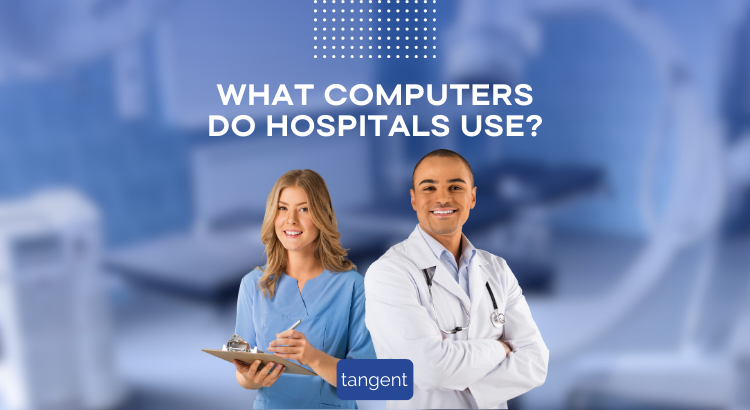
What Computers Do Most Hospitals Use?
Most hospitals use a variety of computer systems and devices to support their operations and provide healthcare services. The specific types of computers and systems used can vary depending on the hospital’s size, budget, and specific needs. Here are some of the common types of computers and systems used in hospitals: Electronic Health Record (EHR) […]
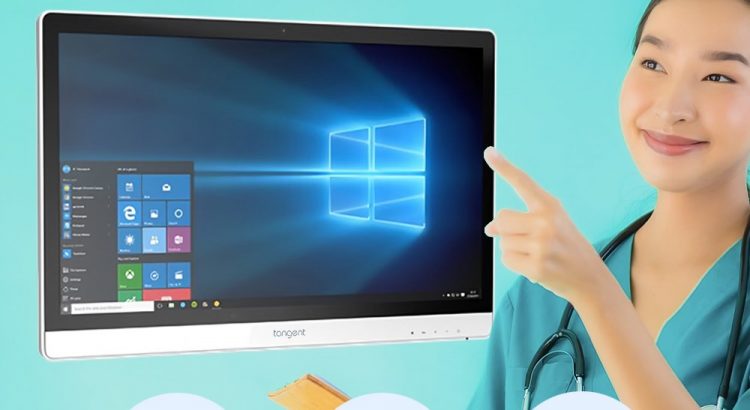
Medical PCs Streamline Hospitals
In today’s fast-paced world, technology plays a crucial role in transforming various industries, and healthcare is no exception. One such groundbreaking innovation that has revolutionized medical practices is the Medical PC. In this blog, we delve into the capabilities, benefits, and potential applications of these advanced computing systems in the healthcare landscape. What is a […]
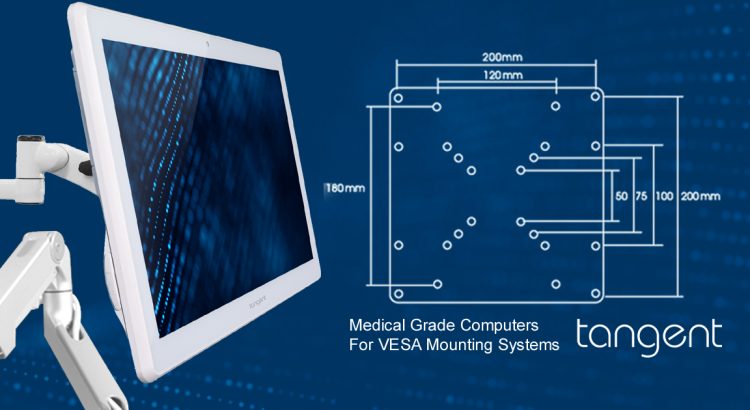
Medical Grade Computers For VESA Mounting Systems
This pandemic has taught hospitals a number of lessons. They have had to be resourceful with PPE, adapt to ever-changing guidelines, and always be ready to accept change. Above all, your hospital has learned to be efficient with its resources. Standardization exists to aid in efficiency. Needles sizes come in certain standards, as do surgeon […]
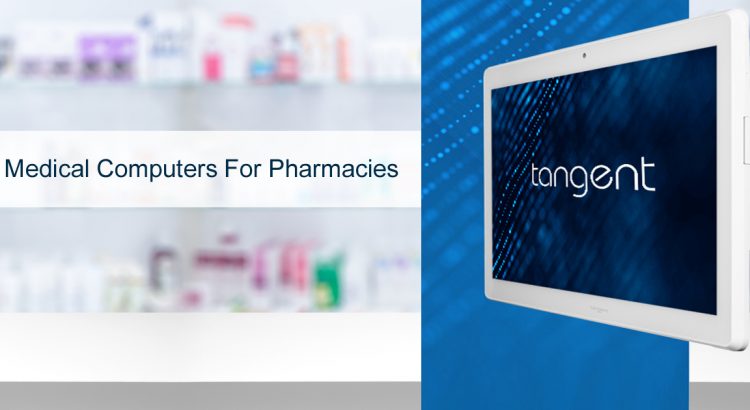
Medical Grade PCs For Pharmacy Use
Pharmacies are one of the most important areas in any hospital. While doctors help diagnose patients and recommend medication, it is the pharmacy where these efforts come to a head. However some pharmacists are still lacking in the tools they need to do their job safely and efficiently. Medical grade PCs can help your pharmacists […]
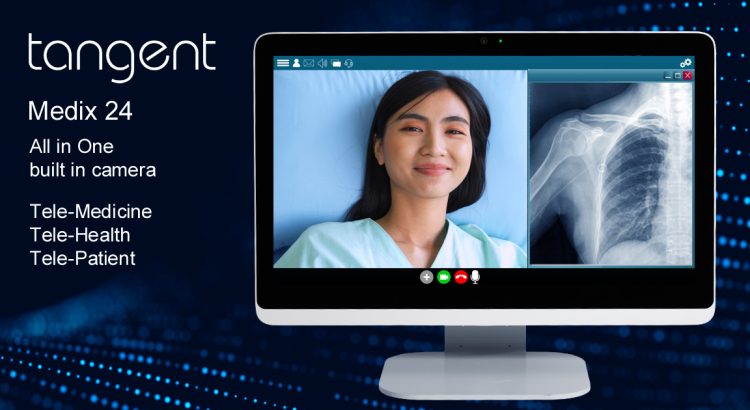
Tele-Health, Tele-Medicine, and Tele-Patient Appointments On Medical Computers
This pandemic has not only changed the way healthcare operates, but also how it is delivered. Virtual appointments were scarce before 2020, often used as an auxiliary option for patients. Now nearly any appointment that can be done online is. Tele-health, Tele-medicine, Tele-patient appointments all play increasingly important roles in the hospital. Despite their similar […]
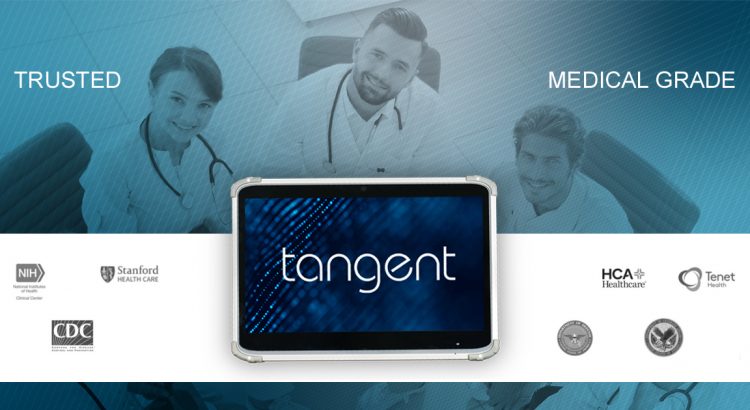
Best Medical Grade Computer For Operating Room Use
Operating rooms need to be sterile. While all areas of the hospital benefit from sanitary conditions, Operating rooms demand them. There is no room for error when your surgeons are at work. The wrong medical computer can pose serious risks in the operating room. From harboring bacteria to circulating dust, a non-operating designed medical grade […]
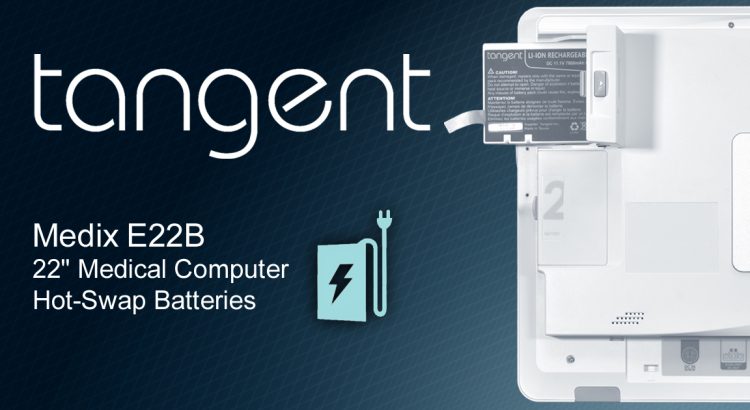
Medix E22B: Medical Computer For Hospital Use
The last thing your doctors want to be worrying about during an emergency is their equipment. There are over 130 million emergency room visits made by Americans each year according to the Center for Disease Control. That’s around 42 visits for every 100 people. When these sorts of emergencies occur, your doctors need to be […]
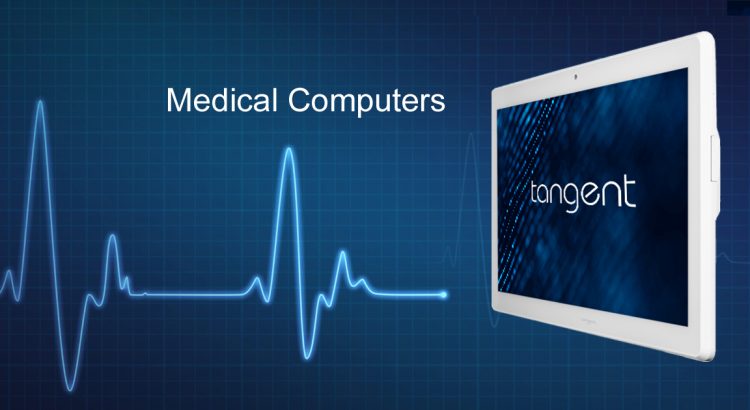
3 Workflows That Can Be Replaced With Medical Computers
Hospitals have learned a lot from this pandemic. Doctors, nurses, and medical assistants have all adapted to and overcome numerous challenges. Hospitals themselves were the site of many rapid advancements and have been pushed up years in terms of technological advancements. Yet hospitals’ workflows remain largely unchanged since the beginning of the pandemic. Hospitals should […]
